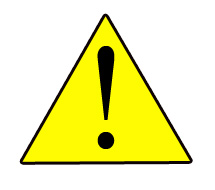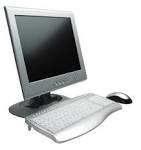A recent article in the Houston Business Journal, titled, "How EMRs will save health care" looks at some of the benefits of EMRs and how the technology is aiding many in the healthcare industry.
One physician group, the Southeast Texas Medical Associates LLP, was featured in the article as an example of a physican-owned health care organization that finds EMRs to be beneficial. James Holly, CEO of the physician group (SETMA) said that EMRs "play a big role in making the process more efficient for patients." His group uses EMRs to send data between specialists and primary care physicians within the network, according to the article.
Holly went on to discuss just how important he finds EMRs to be, and as the head of a physician group, how he thinks EMRs are changing health care as we know it. He says that he thinks EMRs can only improve in the future, saying " I think in 10 more years, we're going to be in a much more robust position than we are now...I think the (health care information exchange) will be mature, and most practices, if not all, will be integrated through the HIE."
While Holly is forward-thinking and seems to embrace the technology, that is not the case with mnay physicians. Also, Holly is optimistic towards the HIE, which in theory is a groundbreaking idea. But, in reality, many physicians and healthcare workers are skeptical of the HIE, and worry that a lack of communication many occur between different health care systems and different physicians and hospitals. Another question that many physicians and healthcare workers alike are raising is the question of errors in reporting when using EMRs.
As for the fear of, and the room for errors when using EMRs, there are many options to prevent errors. Medical scribes can assist in this space and can allow for more accuracy and less room for error when using EMRs. Scribes work side-by-side with the physicians and serve as personal assistants and data entry specialists when it comes to the EMRs. This allows physicians more time for patient care, and this also prevents physician data entry errors on EMRs.
It seems that EMRs are here to stay, especially with Meaningful Use requirements coming up and the need for electronic documentation of patient records. Scribes can help doctors, especially since there is such a high learning curve for these clinicians. Doctors prefer to care for their patients, and they want to provide quality care; physicians do not want to type into EMRs all day long. EMRs and the HIE still have some kinks to work out, but as with any new technology and concept, it takes time to enact and adapt to change. Healthcare workers, be it physicians, physician assistants, nurses or nurse practitioners need to embrace change in order to increase efficency, and many can do this using a medical scribe.



